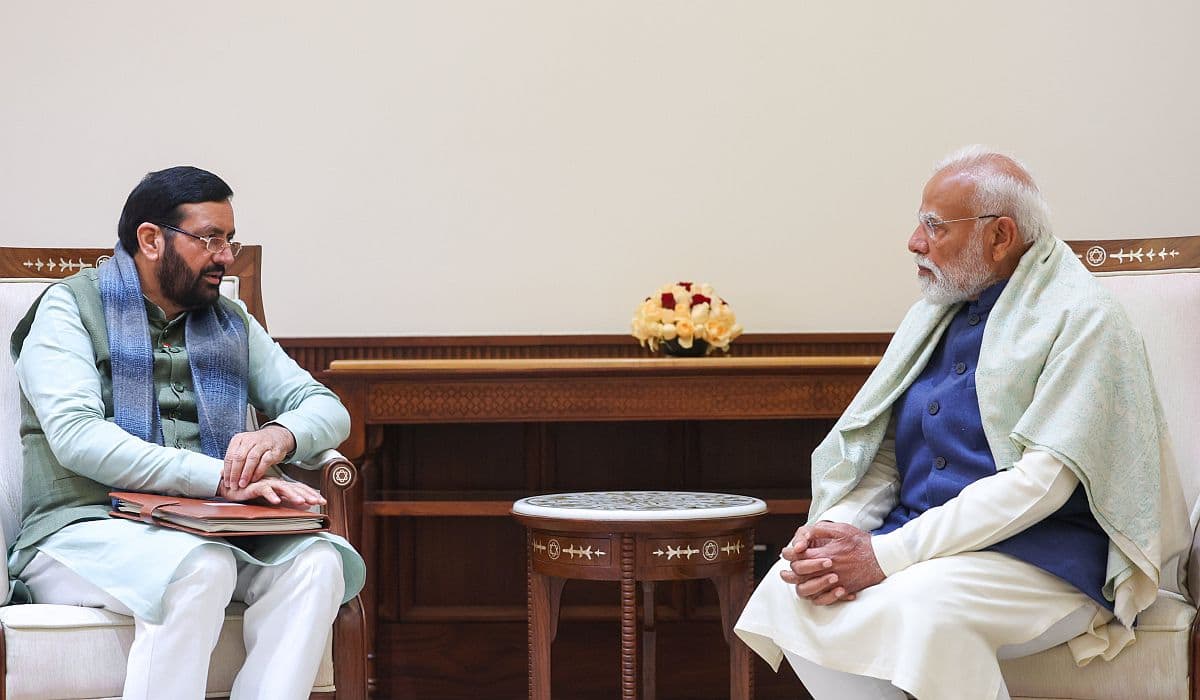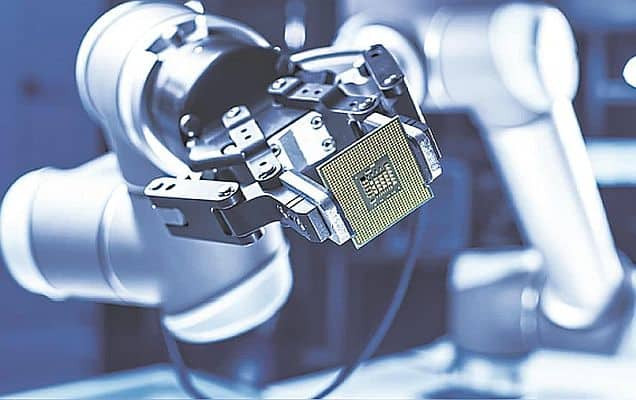I sincerely compliment all you young colleagues who are diligently working towards the resolve of New India, Smart India!
This is the third opportunity which has provided me a platform to connect with you all through ever evolving technology interface. Since the inception of this campaign in 2017, the scope of this has only been expanding continuously.
Friends, Smart India Hackathon has emerged as one of the largest “Open Innovation Model” at the national level which amalgamates a large number of industries, educational institutions, government agencies, professionals and students who work together on the same platform. Starting with 30 thousand students, this Hackathon has reached a partnership of 2 million today. Today I can vouch that our efforts arein the right earnest, and we are progressing in the pertinent direction.
Friends, many innovative ideas have emerged from the previous two editions of the Hackathons. Prior to this, only problems faced by government and government institutions were included in these Hackathons, but this time the industry has also put forth their problems to you.
This will definitely increase the scope of your efforts, and bring you more recognition in the market/enhance your market value as an Innovator. Friends, our economy is running onward on a new track. The New India, which we all are aiming to establish, is fast becoming a force to reckon with in the world of Innovation and Start-Up.
Today, in the scale of Global Innovation Index, we are ranked at number 57, whereas we stood at 81 in 2014. That clearly shows it catapulted in four years. We are not in any mood to stop here, as very soon we have to achieve a reckoning in top-25. India is the world's third largest start-up nation today. In the last 3-4 years, over 15 thousand Start-ups have been recognized. These are not limited to big cities, but are spread in almost every district of the country. It is epochal that more than fifty percent of the new start-ups are from smaller towns in the country.
Likewise, the number of start ups in over 150 technology business incubators of the country has reached three thousand this year from 1600 three years ago. That is double the numbers. Friends, it is the result of several concerted and concrete efforts that today there is a positive environment for Innovation and Start-ups.
You all are familiar with the Atal Incubation Mission. Under this scheme, Atal Tinkering Labs are already operational today in more than 5000 schools across the country, where students are directly acquainted with Future emerging Technologies from as early as Sixth grade. Friends, along with the challenges faced in governance and industry which have already been posed in front of you, I also personally solicit your support on a few of other issues.
Today, crime against children and women is a major challenge. To build a better society, it is very important to deal with it. Can you think of such a technical solution, where an integrated system of monitoring/tracking children from home to school and school to home can be made possible? Along with school and home, this system makes possible to activate the local police station and petrol vans in real time. This type of integrated and smart system, which is easily accessible and affordable by the lowest income family, is the need of the hour and shall prove very helpful to the country and society.
Similarly, can we evolve a technical solution like e-marketplaces for the local fruits and vegetables vendors who operate from the streets, which eases their system of home delivery at a very local level?
Friends, we need to make Smart India Hackathon very robust and establish it as a continuous process rather than relegating it to a mere annual activity. It should continue round the year so that any industry or department can pose their problem and motivate problem solvers to engage proactively by declaring an award for successful solutions. I believe that many young people like you will be inspired to join it and will be able to solve problems too.
I have full faith in all of you, on each and every youth of this country. All of you are the pillars of the confident New India.













